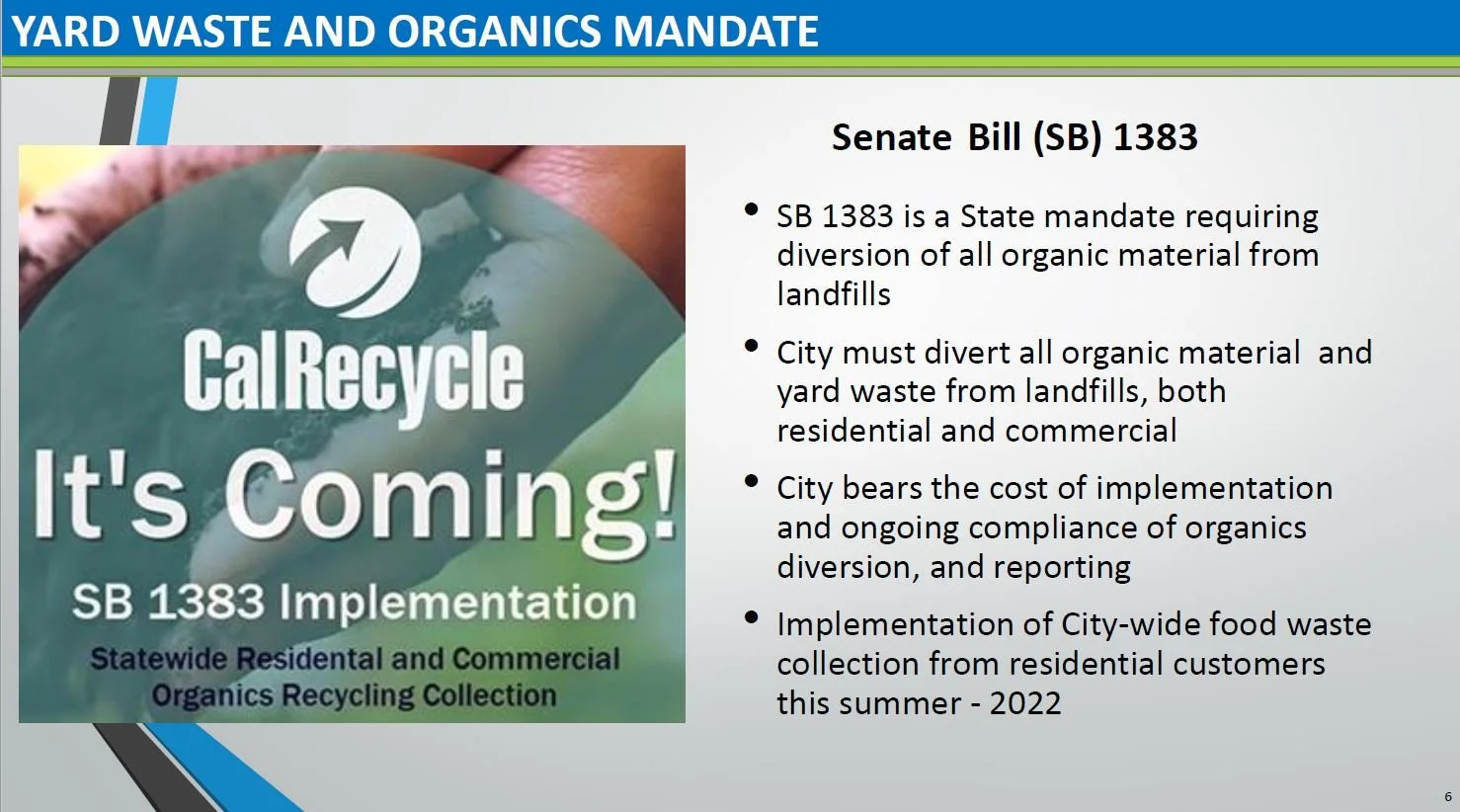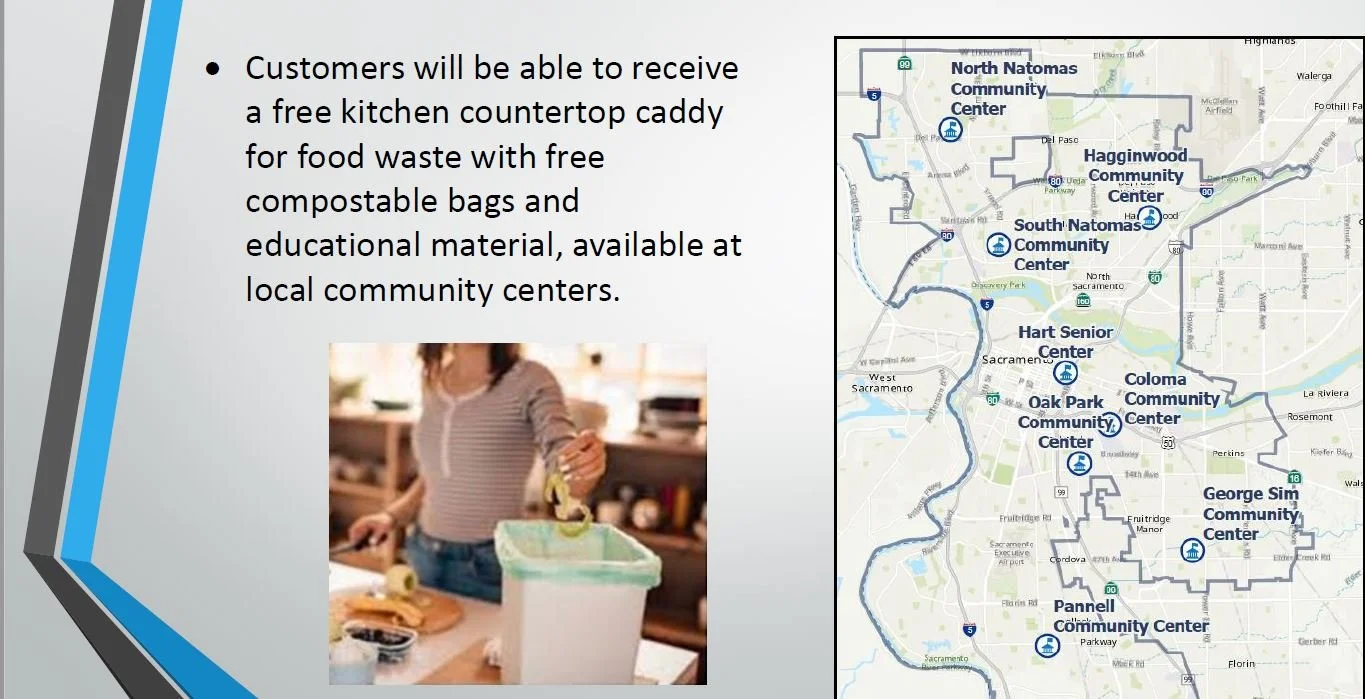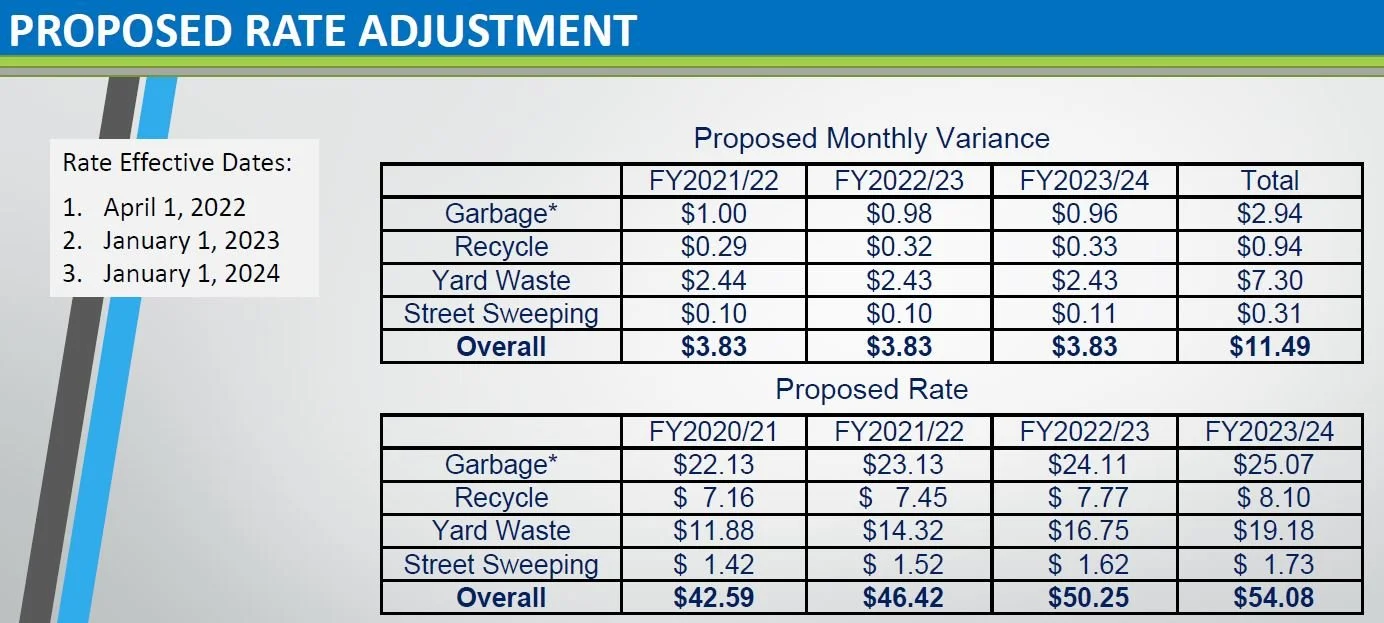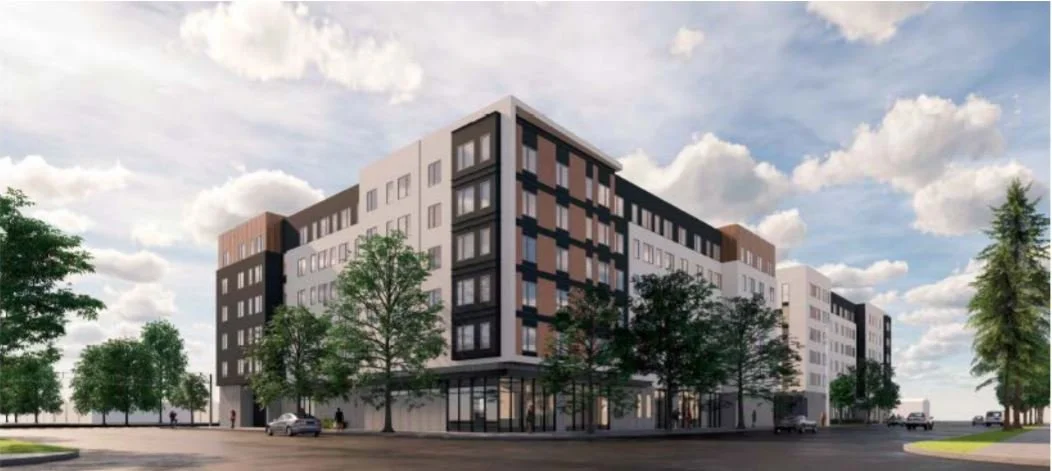Council approves solid waste fee increase to pay for new food composting program, higher costs
Sacramento (Jan. 25, 2022) The Sacramento City Council Tuesday unanimously approved raising solid waste disposal fees by $3.83 a month for each of the next three years, largely to pay for a new state requirement that cities collect and compost food waste from customers.
Other driving factors behind the total monthly increase of $11.49 by 2023/24 include the growing amount of household waste city residents are producing, especially during the pandemic; labor cost increases and higher waste processing fees. In 2020 alone, the amount of garbage produced by Sacramento customers rose by 10.9 percent, recycling by 6.4 percent and household junk tonnage by 15.6 percent.
The rate increase will allow the City of Sacramento to offer some additional increased benefits for customers. Streets will be swept more often; and tenants, not just property owners, are now able to make appointments for household junk pickup.
The first increase of $3.83 is scheduled to take effect on April 1, 2022. The City will start collecting food waste from residential customers in July. Collection from commercial customers began last summer.
The organic waste collection program was mandated by SB 1383, which requires the separation of food waste and organics from the garbage collection and disposal stream. Customers in Sacramento will be able to put their food waste and food-soiled paper products into the same green waste bin they currently use for yard waste. You can view the legislation text here.
The City will distribute free organic waste collection bins and compostable bin liners that can be dropped directly into the green waste bin. Residents can pick them up at any community center.
Composting food waste will help the City meet its climate change goals by diverting organic material that emits methane when buried in landfills. The City estimates that organic waste composting will eliminate 31,000 metric tons of greenhouse gasses annually.
Mayor Darrell Steinberg said Tuesday that the plan “reflects our city’s commitment to the climate imperative.”
Recyling food waste completes Sacramento’s “farm to fork, and fork to farm loop,” noted John Febbo, General Manager of the City’s Recycling and Solid Waste Division. The organic waste will be processed for use as compost on northern California farms, and Febbo said the City may eventually offer some of it to Sacramento consumers.
The City offers a financial assistance program for income-qualified households to help with the cost of solid waste fees. The application can be accessed here: https://sacramentoca.seamlessdocs.com/f/Utilityrateassistance.






